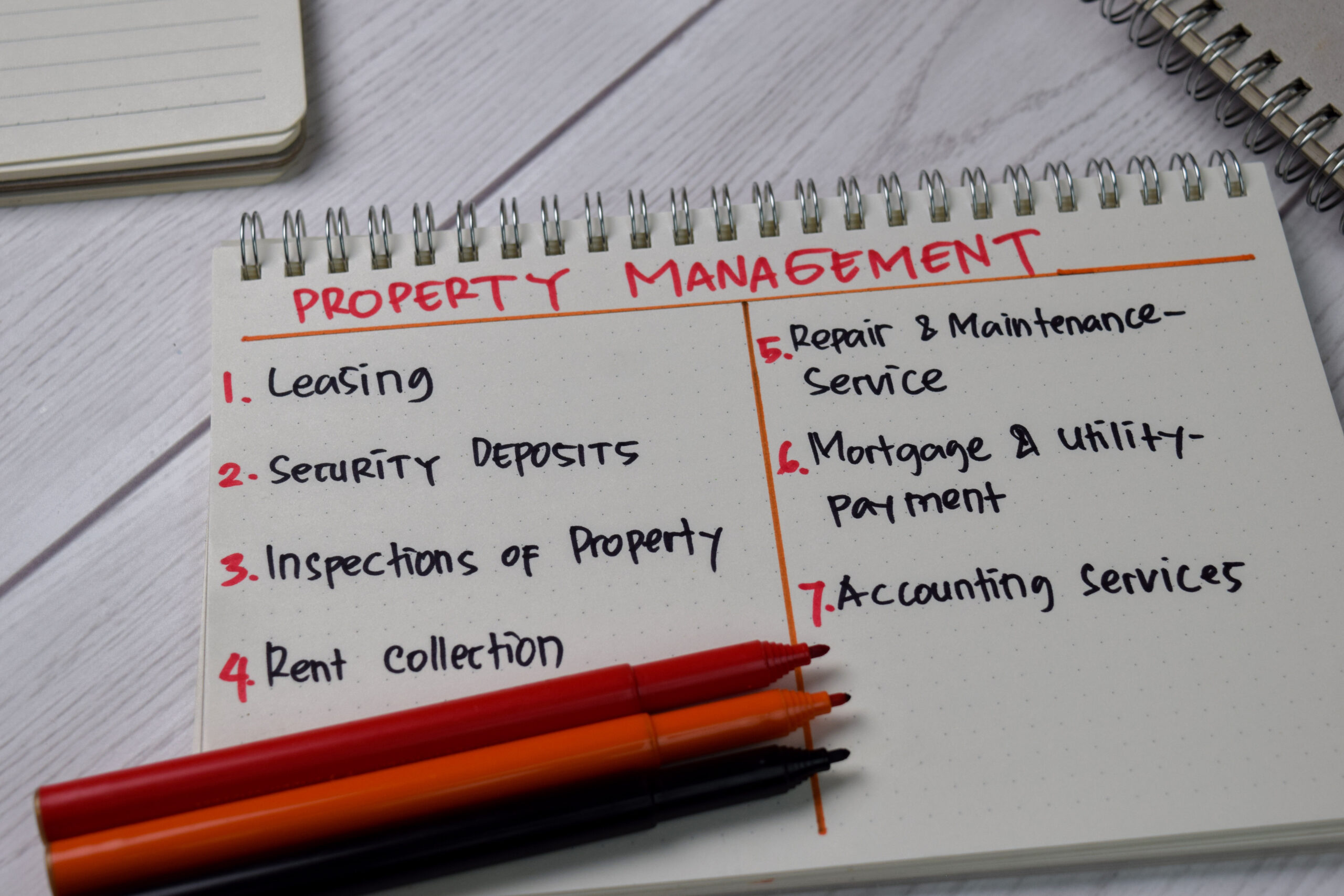Becoming a property owner can be rewarding, offering a steady stream of income and long-term financial security. However, stepping into the world of property management without the proper preparation can lead to costly mistakes that eat into your profits and cause unnecessary stress. Whether you’re managing a single rental unit or several properties, avoiding common pitfalls can make the difference between success and struggle. Here are five of the most costly mistakes new property owners make and practical tips to help you avoid them.
Neglecting Routine Maintenance
One of the most common errors new landlords make is failing to keep up with regular maintenance. Small issues, like a dripping faucet or a crack in the drywall, may seem insignificant but can quickly escalate into expensive repairs if ignored. Maintenance neglect not only increases costs over time but can also frustrate tenants, leading to complaints or even vacancies.
How to Avoid It: Create a property maintenance schedule and stick to it. Conduct seasonal inspections to check for issues like HVAC efficiency, plumbing leaks, or roof damage. Respond promptly to tenant repair requests and reserve a portion of your rental income for unexpected repairs. Proactive maintenance saves money in the long run and ensures your property remains in excellent condition.
Skipping Thorough Tenant Screening
Desperation to fill a vacancy often leads new landlords to rush the tenant selection process. Renting to unqualified or unreliable tenants can result in missed rent payments, property damage, and lengthy eviction processes.
How to Avoid It: Develop a clear tenant screening process. Check prospective tenants’ credit reports, rental histories, and employment verifications. Conduct background checks and follow up with references to ensure the tenant’s reliability. While it might take longer to find the right tenant, this diligence pays off by reducing risks and ensuring steady rental income.
Underestimating the Importance of a Lease Agreement
A handshake deal or a simple verbal agreement might seem like a quick solution, but it leaves you vulnerable to legal disputes. New landlords often underestimate how critical a detailed lease agreement is in setting expectations and protecting both parties.
How to Avoid It: Use a comprehensive lease agreement tailored to your local laws. Clearly outline terms such as rent payment dates, late fees, maintenance responsibilities, pet policies, and procedures for breaking the lease. Consult a real estate attorney to review your lease agreement to ensure it complies with state and local regulations. A solid contract minimizes misunderstandings and provides legal protection if disputes arise.
Setting the Wrong Rent Price
Pricing your property too high or too low can significantly impact your bottom line. Overpricing may lead to extended vacancies while underpricing leaves money on the table.
How to Avoid It: Conduct a market analysis to determine a competitive rent price. Research similar properties in your area to understand what tenants are willing to pay. Consider your property’s amenities, location, and condition. Regularly review rent rates to ensure they remain aligned with local market trends and inflation.
Failing to Understand Landlord-Tenant Laws
Ignorance of local landlord-tenant laws can lead to costly legal issues. From improperly handling security deposits to illegal evictions, failure to comply with regulations can result in hefty fines and a damaged reputation.
How to Avoid It: Familiarize yourself with federal, state, and local landlord-tenant laws. Understand your obligations regarding fair housing, eviction procedures, habitability standards, and more. Joining a local landlord association or hiring a reputable property management firm such as First Class Management, can provide access to resources, legal advice, and updates on changing regulations. Staying informed helps you avoid legal pitfalls and fosters positive relationships with tenants.
Final Thoughts
Owning and managing rental property is a business, and like any business, success requires knowledge, organization, and diligence. By avoiding these five common mistakes, you’ll be better equipped to manage your property effectively, maximize your returns, and create a positive experience for your tenants. Being proactive, setting clear policies, and staying informed are the keys to a profitable and stress-free property ownership journey. First Class Management can assist you with the many demands of property ownership, and make your property management responsibilities more efficient and less taxing.

